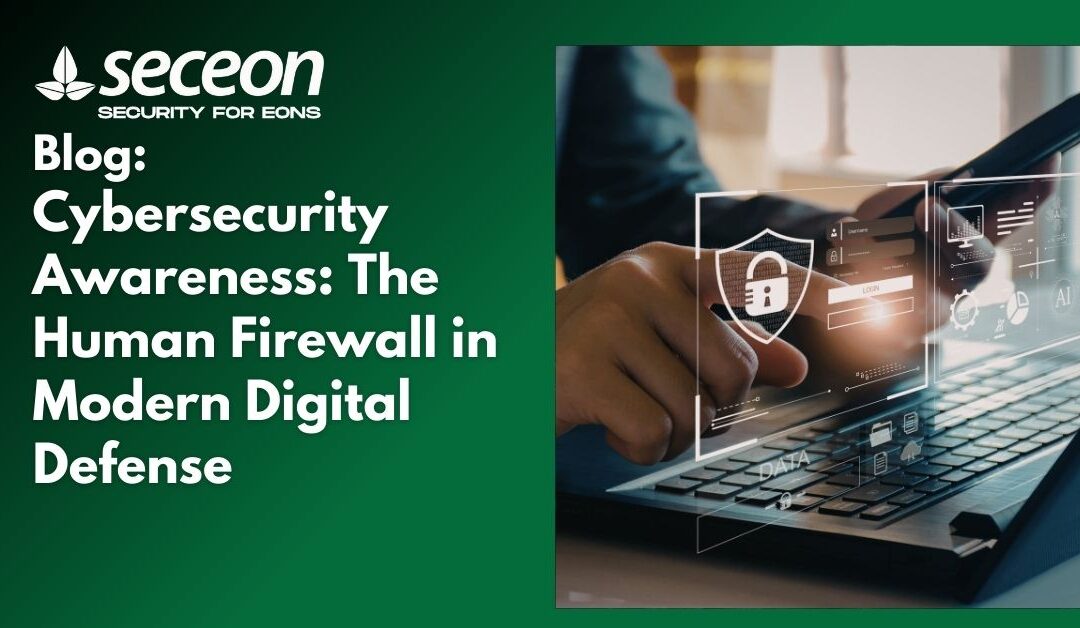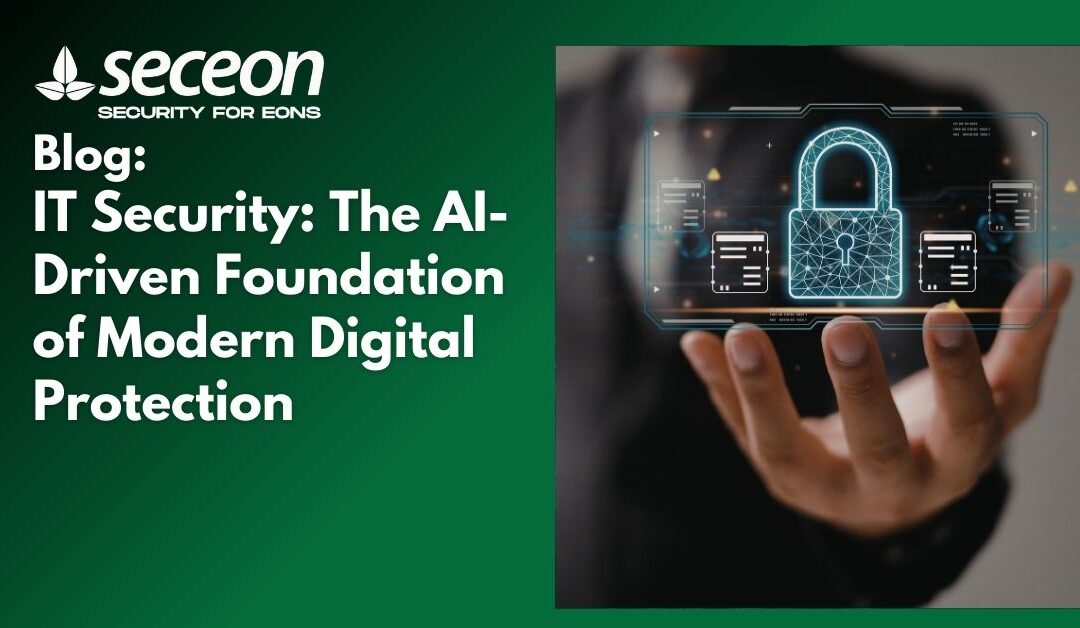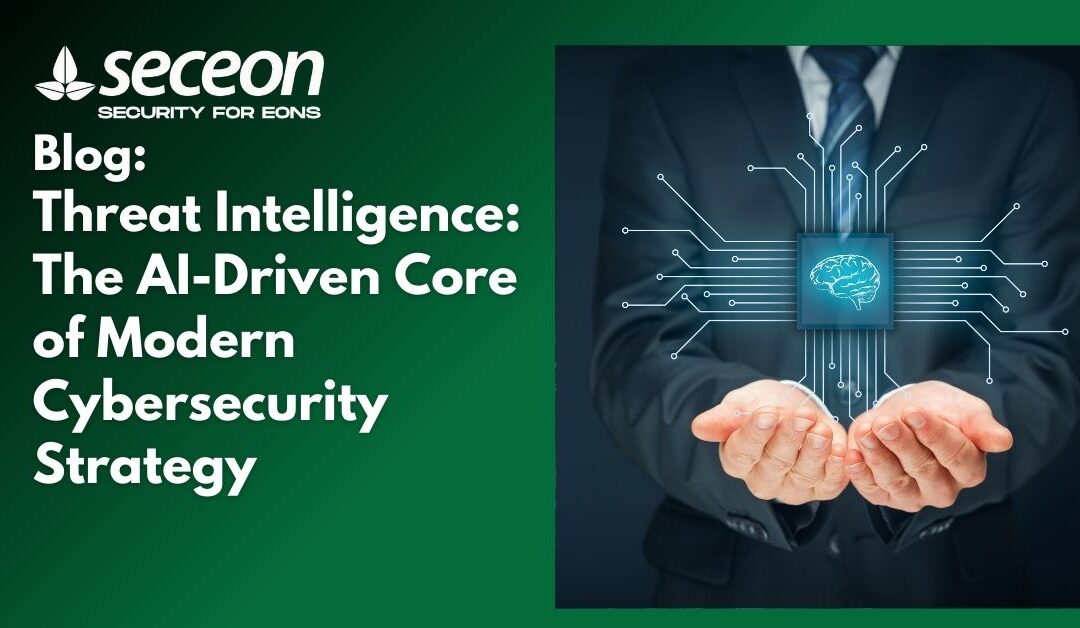What is DNS? | How DNS works
What Is DNS? DNS (Domain Name System) is the system that translates human-readable domain names like example.com into machine-readable IP addresses such as 192.0.2.1. Computers communicate using numbers, while humans remember words. DNS acts as the bridge between the two. In practical terms, DNS functions as the internet’s phonebook. Instead of memorizing complex IP addresses
Read More



